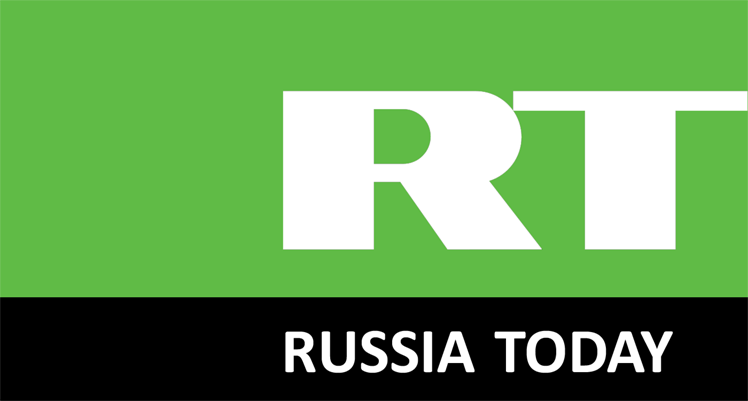Estonians on the other hand acknowledge that Estonia has been ruled by many different countries, but Estonia's primal urge for freedom has been suppressed by the various dictatorial systems. For Estonians the Soviet occupation was a tragedy and the re-establishment of independence is freedom from political suppression. Nobody is to be thanked for Estonia's freedom.
For Russians the Soviet Union is seen historically in a positive light. It's large and powerful. All peoples within it coexist in friendship. The positive aspects of the Soviet period – economy, scientific breakthroughs, the destruction of Nazism – are considered to be ‘ours', that is Russian. Repressions, occupations and other negative themes are not denied, but Russians are not to be blamed. Rather specific individuals are guilty who are not part of ‘us'.
The Soviet Union is directly accused of crimes by Estonians and Russians, as the ultimate wielders of power within the USSR, must be held responsible. Russia now, in essence, is the same country, under a different name. That's the Estonian narrative.
From the Russian perspective, the existence of tiny nations is internationally pointless. These countries have always been relegated to be the ‘flunkies' of the large powers. Their independence seems to be rather comical.
In contrast, for Estonians, being small is a valuable asset. The existence of Estonia as a state that guarantees Estonian culture and language is something that large countries simply do not understand.
Russians see the emigration of Estonians as proof that the country has failed economically and socially. Sometimes Russian media states that one third of the population has left. The economic failure stems from the fact, that other than Russian oil transit, Estonia has nothing to bring to the international market.
Estonians are confident that economically they have been touted as a post-occupation success story, with technological innovations to offer internationally. Russia's participation in the Estonian economy is not essential. Even though Estonia has acknowledged an aging population, low birth rate and slow integration of non-Estonian residents, Estonia is perceived as a very successful place.
Russian media touts that Estonia is ruled by a privileged ‘clique', pursuing their own interests, ignoring the needs of the general population. This group is to be blamed for Estonia's steady shift to the West, membership in NATO and the EU, the sanctions against Russia – all of which are contrary to the wishes of the people, who desire a close relationship with Russia just as during the Soviet era.
Estonians see joining NATO as a guarantor of national security, a requirement for Estonians. The makeup of the government is the result of the relative distribution of political factions in parliament which is democratically elected. Favouring Western values is natural for Estonians who are that way inclined.
Russians insist that Estonians have no need to fear Russia, because the latter is peace-loving and wish no harm to anyone. The fear and mistrust of Russia is the product of Russophobia, a painful past and conspiracy theory.
Estonians see fear of Russia stemming from the annexation of Crimea, the Russian attack against east Ukraine, and Russia's aggressive propaganda campaign. Russians, as perceived by Estonia, put these situations as things of the past, which are pointless as discussions today.
The Propastop analysts state that the Russian beliefs cannot be easily discarded as false facts. Rational arguments do not affect them. They are emotionally deeply rooted supported by media-based content.
Laas Leivat, Toronto




